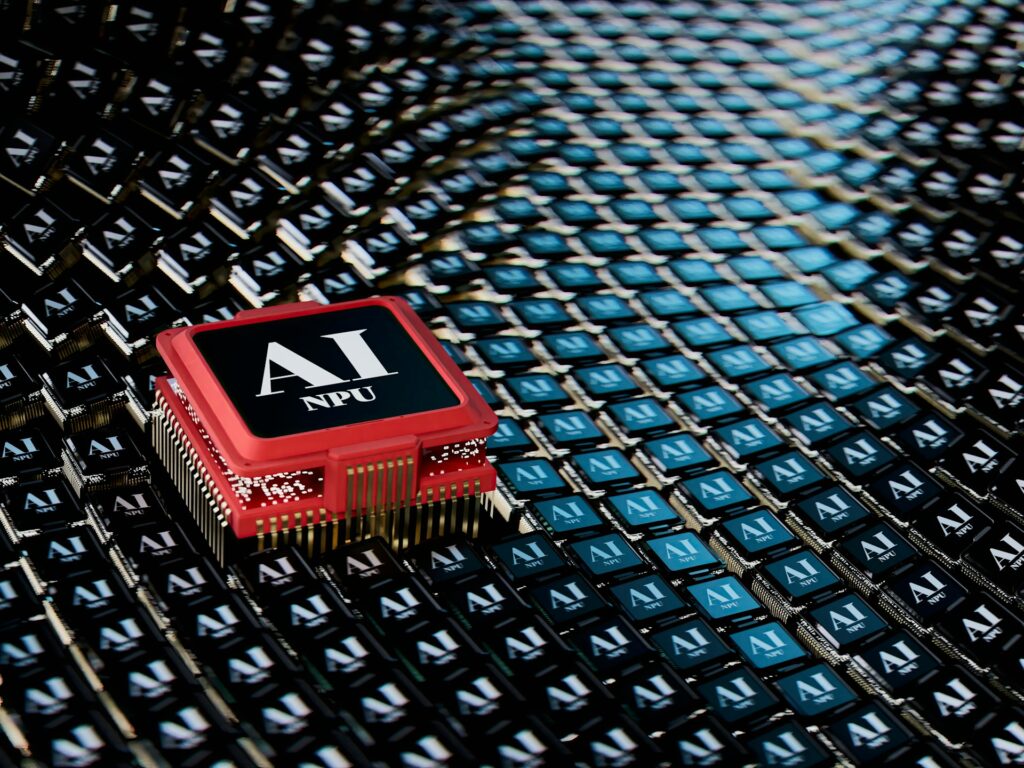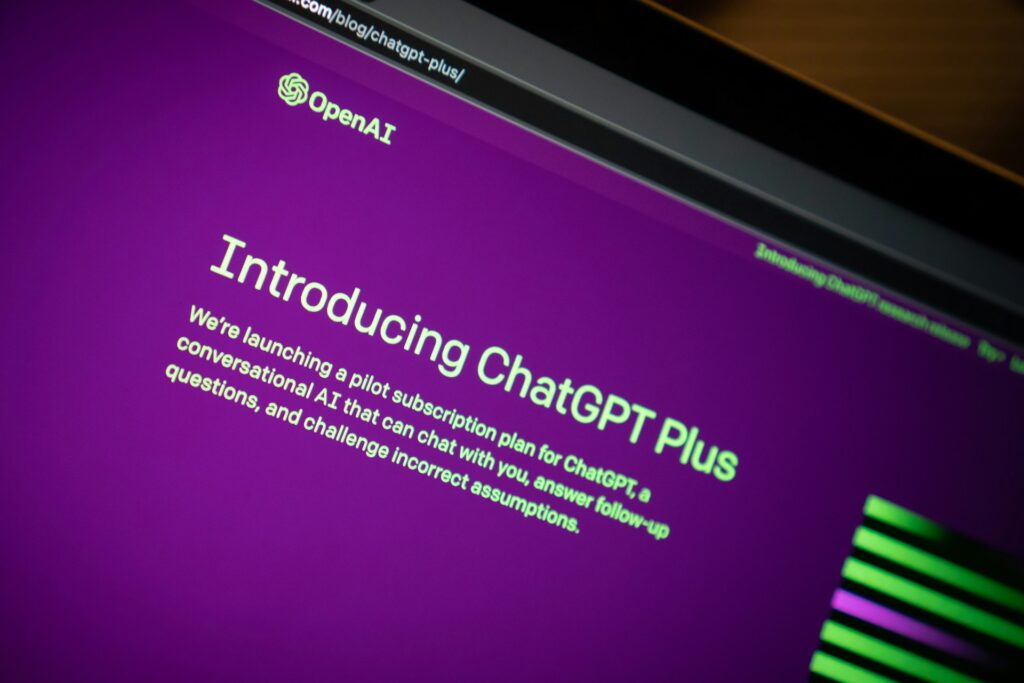When it comes to choosing between iOS (iPhone) and Android, the decision often hinges on a variety of factors, including cost, performance, customizability, and life span.
In this article, we delve into these aspects and more to help you determine which operating system better suits your needs!
Which is better, iOS or Android?
Costing: iOS vs. Android
Initial cost
When comparing the initial cost of iPhones and Android phones, there’s a noticeable difference. iPhones generally come with a higher price tag, especially the latest models. Android phones, on the other hand, offer a broader range of prices, from budget-friendly options to premium models.
Long-term cost
Over time, the cost dynamics can change. iPhones tend to retain their value better than Android phones, which can be a significant factor if you plan to resell your device.
Performance: iOS vs. Android
Android vs. iPhone performance
Performance is a key consideration for many users. iPhones are known for their smooth and consistent performance, thanks to Apple’s tight integration of hardware and software. Android devices, while varying widely, can match or even exceed iPhone performance, especially in high-end models.
Android vs. iPhone speed
Speed is another crucial aspect. iPhones often lead in speed tests due to Apple’s efficient A-series chips. However, flagship Android devices with the latest Snapdragon processors are also exceptionally fast!
Customizability: iOS vs. Android
Android is the clear winner when it comes to customizability. Users can modify almost every aspect of their device, from home screens to app icons and widgets. iOS, while more restrictive, offers a more streamlined and user-friendly experience, which some users prefer!
User Experience
The user experience is subjective and depends on individual preferences. Android offers flexibility and control, whereas iOS provides a consistent and straightforward experience.
Life Span: iOS vs. Android
Software updates
One of the biggest differences between iPhone and Android is software updates. iPhones receive regular updates for several years after release, ensuring security and new features. Android updates vary by manufacturer, with some devices receiving updates more slowly or not at all.
Hardware lifespan
In terms of hardware, iPhones generally have a longer life span due to Apple’s high-quality build materials and the optimization of iOS for older devices. Android devices, particularly from reputable brands, can also last long but may face quicker hardware obsolescence.
Additional Considerations
App Availability: Are apps better on iOS or Android?
While both platforms have a vast array of apps, some developers prioritize iOS due to the higher potential revenue. This can result in apps debuting on iOS first or being better optimized for Apple devices.
Android vs. iOS: App development
From a developer’s perspective, iOS app development can be more streamlined due to fewer device variations. Android development, though potentially more complex, reaches a broader audience due to the larger market share.
Market Share: Android vs. iPhone
Android dominates the global market share, mainly due to its availability across multiple brands and price points. iPhone holds a significant market share in regions like the US and Europe, where it is often seen as a premium product.
Camera Quality: Android vs. iPhone camera
When it comes to camera quality, the debate often centers on personal preference. The iPhone camera is praised for its consistency and ease of use, while Android cameras, particularly from brands like Samsung, offer more features and sometimes higher megapixels.
For anyone wondering why the iPhone camera is better than Samsung’s, the iPhone camera is often considered better due to its superior software processing and colour accuracy, which provides reliable and high-quality photos in various conditions.
But with the right tips, you can capture stunning photos on both iPhone and Android.
Gaming Experience: Android vs. iPhone gaming
For gaming, both platforms offer excellent experiences. iPhones are often favoured for their powerful GPUs and optimized games. High-end Android devices also provide superb gaming performance, with some even offering features like higher refresh rates and gaming modes.
Screen Resolution: Android vs. iPhone
Android devices often boast higher screen resolutions and more advanced display technologies. However, iPhones offer excellent colour accuracy and brightness, making them great for media consumption.
Price Difference: Android vs. iPhone
The price difference between Android and iPhone is a significant factor for many users. Android’s wide range of prices offers more choices, while iPhones, though generally more expensive, provide a premium experience and long-term value.
User-Friendliness: Which phone is more user-friendly: iPhone or Android?
The question of which phone is more user-friendly often depends on what you value more: customizability or simplicity. iPhones are generally considered more user-friendly due to their intuitive design and ease of use, while Android phones offer a more customizable experience.
Future Prospects: iOS or Android in 2024
In 2024, both iOS and Android are expected to continue evolving with advancements in AI, augmented reality, and 5G technology. The choice between the two is a matter of personal preference and specific use cases!
Advantages and disadvantages: Android vs iOS
| Advantages of iOS | Disadvantages of iOS |
| Seamless integration with other Apple products | Higher initial cost |
| Regular software updates | Less customizability |
| High-quality build and design | Limited compatibility with non-Apple devices |
| Consistent performance |
| Advantages of Android | Disadvantages of Android |
| Wide range of devices and prices | Inconsistent software updates |
| Highly customizable | Varying build quality |
| More hardware choices | Potential for slower performance in lower-end devices |
| Broader app availability |
In the end, the choice between iOS (iPhone) and Android comes down to personal preferences and specific use cases. Both platforms have their strengths and weaknesses, and understanding these can help you make an informed decision.
Whether you prioritize cost, performance, customizability, or longevity, there’s an option out there that fits your needs. Besides, you will be surprised to know that people are spending 2-3x their salary on iPhones in India!
Similarly, if you are planning to get a new PC, read AI’s detailed comparison of Windows vs macOS.
FAQ
iPhones have several disadvantages compared to Android devices. They generally come with a higher initial cost, less customizability, and limited compatibility with non-Apple devices. Additionally, iPhones do not support expandable storage, and the closed ecosystem can be restrictive for users who prefer more flexibility in their device management.
Switching to an iPhone from Android can be worth it if you value a consistent and streamlined user experience, regular software updates, and seamless integration with other Apple products. However, if you prioritize customizability, a wider range of device options, and generally lower prices, sticking with Android might be a better choice.
iPhones offer several unique features that are not available on Android. These include seamless integration with other Apple devices through the Apple ecosystem, exclusive apps and services like iMessage and FaceTime, and a consistent user experience across all devices. Additionally, iPhones often receive software updates for a longer period compared to most Android devices.

